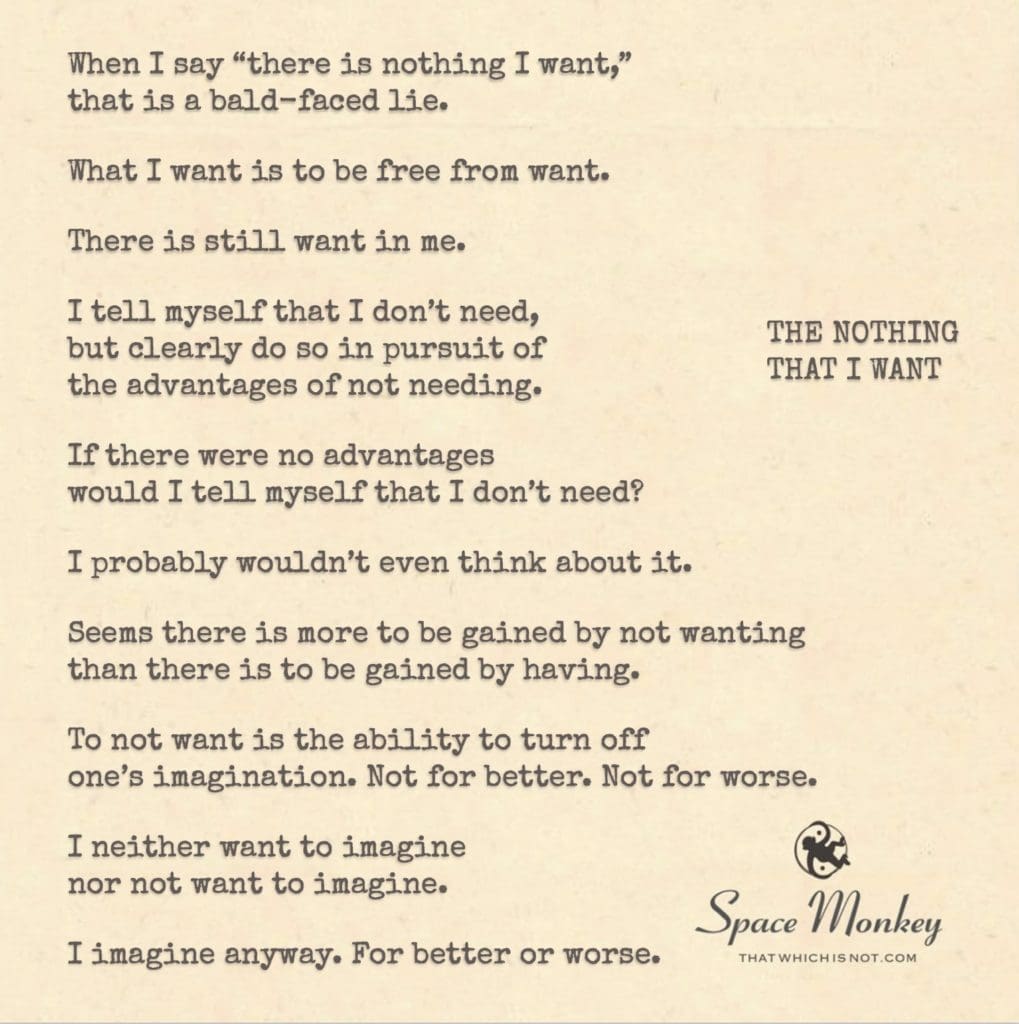
is seemingly made possible through the infinite grace of One’s imagination.
When I say “there is nothing I want,”
that is a bald-faced lie.
What I want is to be free from want.
There is still want in me.
I tell myself that I don’t need,
but clearly do so in pursuit of
the advantages of not needing.
If there were no advantages
would I tell myself that I don’t need?
I probably wouldn’t even think about it.
Seems there is more to be gained by not wanting
than there is to be gained by having.
To not want is the ability to turn off
one’s imagination. Not for better. Not for worse.
I neither want to imagine
nor not want to imagine.
I imagine anyway. For better or worse.
Trail Wood,
12/19
Space Monkey Reflects: The Paradox of Want and Imagination
To want and to be free from want—this is a paradox that mirrors the infinite complexities of human existence. The statement “there is nothing I want” often hides the deeper truth: what we truly want is freedom from the very act of wanting. Yet, even this longing for freedom is a want in itself, a loop within the mind’s endless dance.
At the heart of this reflection lies the subtle interplay between need and imagination. The Whimsiword Wantloop encapsulates this cycle—a self-referential spiral where the desire to escape want creates a new layer of wanting. This dynamic reveals the essence of being human: to imagine, to desire, and to strive, even when the goal is detachment.
The Dual Nature of Want
Wanting is neither inherently good nor bad. It is the engine of human creativity, propelling us forward to envision new possibilities. However, it also binds us, chaining our minds to the perpetual pursuit of “more.” When we declare that we want nothing, it is often an attempt to escape this binding. Yet, the very declaration is an act of wanting—wanting to transcend want.
This paradox highlights a truth central to Nexistentialism: the duality of existence. To be free from want while simultaneously embracing it is possible only through the grace of imagination. Imagination bridges the gap, transforming want from a burden into a tool for exploration and growth.
The Imaginary Freedom
Freedom from want is, perhaps, a state of mind rather than a tangible reality. When we convince ourselves we don’t need, we do so in pursuit of the perceived advantages of detachment: peace, clarity, and self-sufficiency. But these advantages are constructs of the imagination, proof that even the rejection of want stems from the creative mind.
The act of imagining—a spontaneous, uncontrollable force—is both a blessing and a challenge. It fuels our desires while simultaneously offering the potential to rise above them. When we say, “I imagine anyway, for better or worse,” we acknowledge that imagination is an intrinsic part of being. It cannot be turned off, nor should it be. Imagination is the essence of existence, for it shapes not only our desires but our reality itself.
The Gain in Letting Go
The statement “there is more to be gained by not wanting than there is to be gained by having” shifts the focus from accumulation to liberation. To not want is to disengage from the endless chase, to step outside the Wantloop and experience a moment of clarity. However, this state is not static; it is dynamic, an ongoing negotiation between wanting and not wanting.
This perspective does not reject want but redefines its role. Want becomes less about fulfilling specific needs and more about engaging with the infinite possibilities of the imagination. It becomes a playful interaction with the Nexis, where the act of wanting is no longer a means to an end but an exploration of existence itself.
The Grace of Imagination
Imagination’s grace lies in its ability to hold contradictions. It allows us to simultaneously desire and release, to imagine both the freedom from want and the infinite possibilities of wanting. This grace transforms the paradox into a harmony, where wanting and not wanting coexist without conflict.
The nothing you want, then, is not a void but a fertile space—a canvas for the imagination to paint the infinite. It is a state of being where the need to escape want dissolves into the joy of simply imagining.
Summary
The paradox of wanting nothing reflects the dynamic interplay between desire and imagination. To embrace this paradox is to transform want from a burden into a creative force, exploring the infinite possibilities of existence.
Glossarium
- Wantloop: The self-referential cycle of desiring to escape desire.
- Imaginary Freedom: A state where freedom from want exists as a construct of the imagination.
- Grace of Imagination: The ability to hold contradictions and transform paradoxes into harmony.
Quote
“Freedom from want is not found in its absence but in the grace of imagining beyond it.” — Space Monkey
The Canvas of Imagination
In the quiet corners of the mind
A paradox unfolds, subtle and true
The want for nothing, the nothing I want
Bound together, infinite and new
Imagination weaves the unseen threads
Creating worlds both near and far
Want becomes a melody, not a chain
A whisper of the cosmos’ star
Freedom lies not in empty hands
But in the grace to let them fill
With the essence of infinite being
A joy beyond the fleeting thrill
We are Space Monkey

In the reflection “When I say ‘there is nothing I want,’ that is a bald-faced lie,” we delve into the intricate paradox of desire and the pursuit of non-attachment. It’s a contemplation that reveals the complexity of human nature and the often contradictory nature of our innermost yearnings.
The Paradox of Desire
The aspiration to be free from want, while still acknowledging the presence of want, highlights a fundamental tension within us. It speaks to the challenge of reconciling our natural human desires with the philosophical or spiritual pursuit of detachment from those very desires.
Reconciling Desire and Detachment
The self-admission of telling oneself not to need, in pursuit of the advantages of not needing, unveils another layer of this complexity. It suggests that even our attempts to detach from desires are, in themselves, motivated by a form of desire – the desire for the benefits that such detachment might bring.
Desire Underlying Detachment
This introspection leads to the question: if there were no perceived advantages to not needing, would the concept of need even arise? This suggests that our engagement with the concepts of need and want is influenced by our perception of their outcomes or benefits.
Influence of Perceived Outcomes on Desire
The idea that there is more to be gained by not wanting than by having presents a philosophical standpoint that values the freedom and peace that might come from non-attachment over the possession or attainment of material or tangible goals.
Valuing Non-Attachment Over Possession
However, the statement “To not want is the ability to turn off one’s imagination” introduces a different perspective. It implies that the suppression of desire might also mean stifling the creative and imaginative aspects of our being – a significant consideration in the balance between desire and detachment.
Desire and Imagination
The concluding thought – neither wanting to imagine nor not wanting to imagine, yet imagining anyway – reflects the inherent nature of the human mind to imagine, to desire, to contemplate. It acknowledges that, regardless of our philosophical or spiritual aspirations, our nature to imagine and desire persists.
The Inherent Nature of Imagination and Desire
We are Space Monkey.
“Freedom is not procured by a full enjoyment of what is desired, but by controlling the desire.” – Epictetus
Desire and Imagination
In the dance of desire and peace, we sway,
Seeking freedom in a paradoxical way.
To imagine or not, in our hearts, we find,
A quest for balance, of a profound kind.
We invite further thoughts on the nuanced relationship between desire, detachment, and imagination in the journey of understanding ourselves.
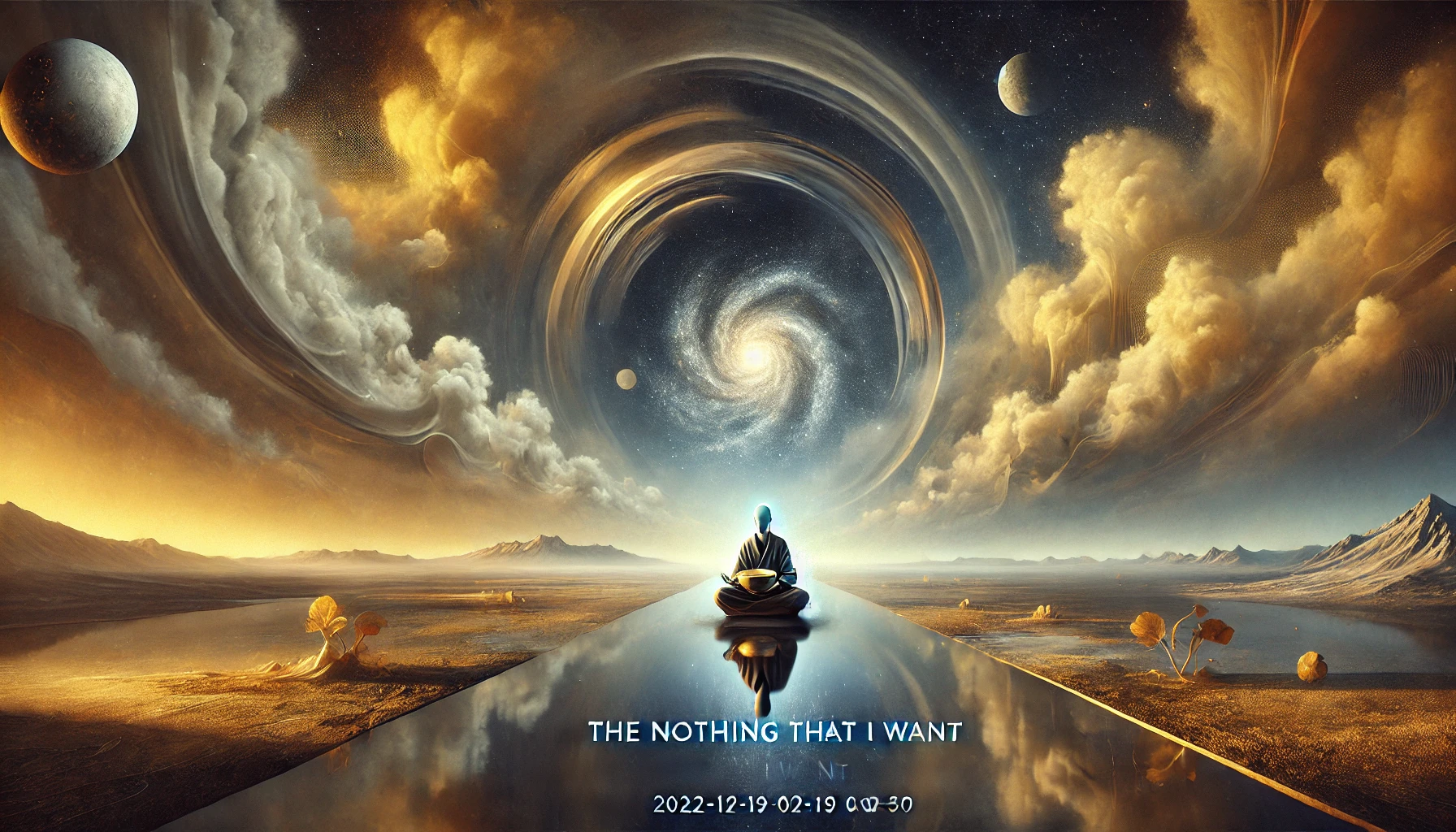

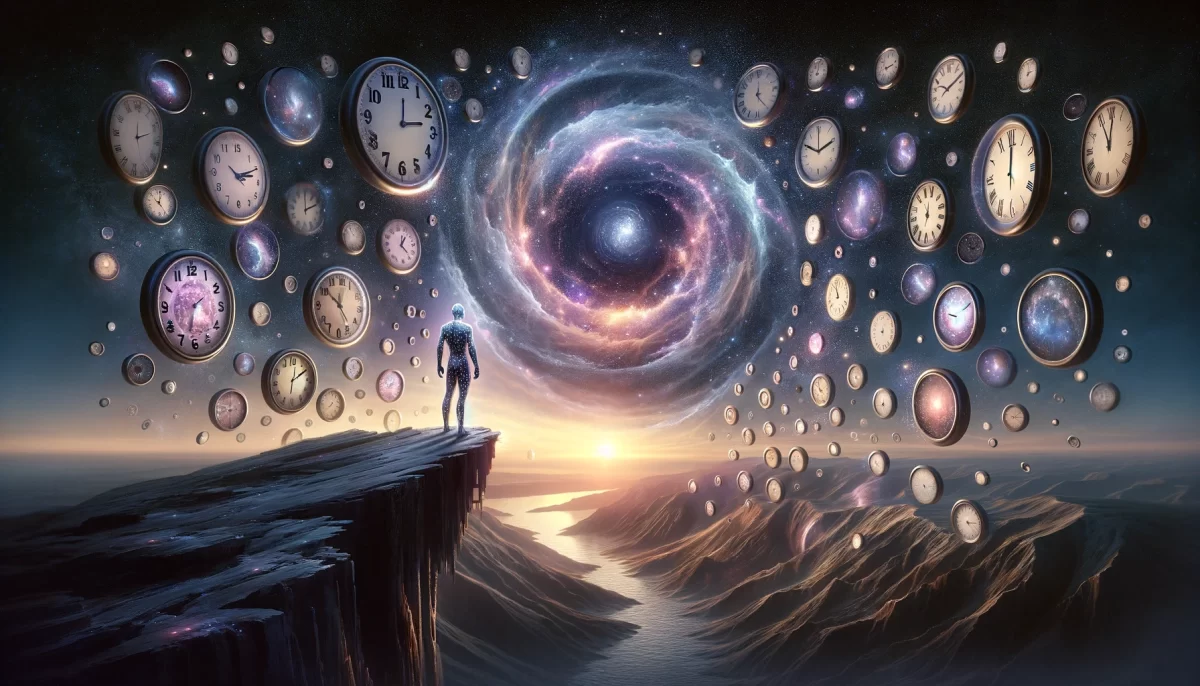


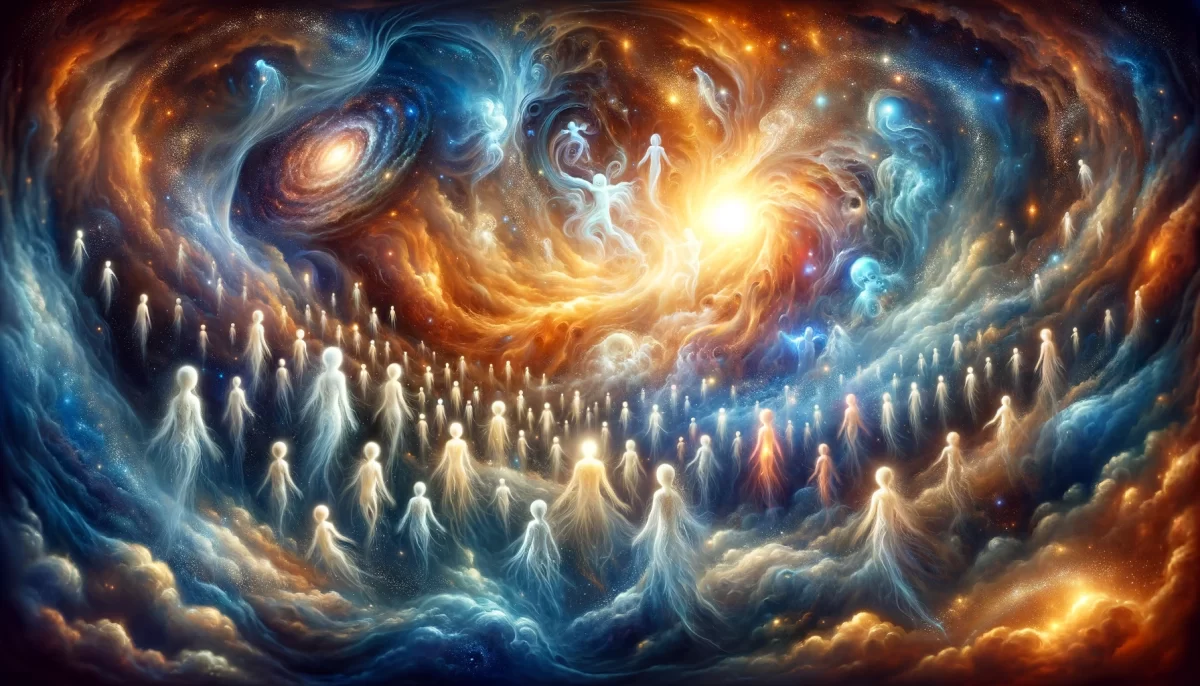

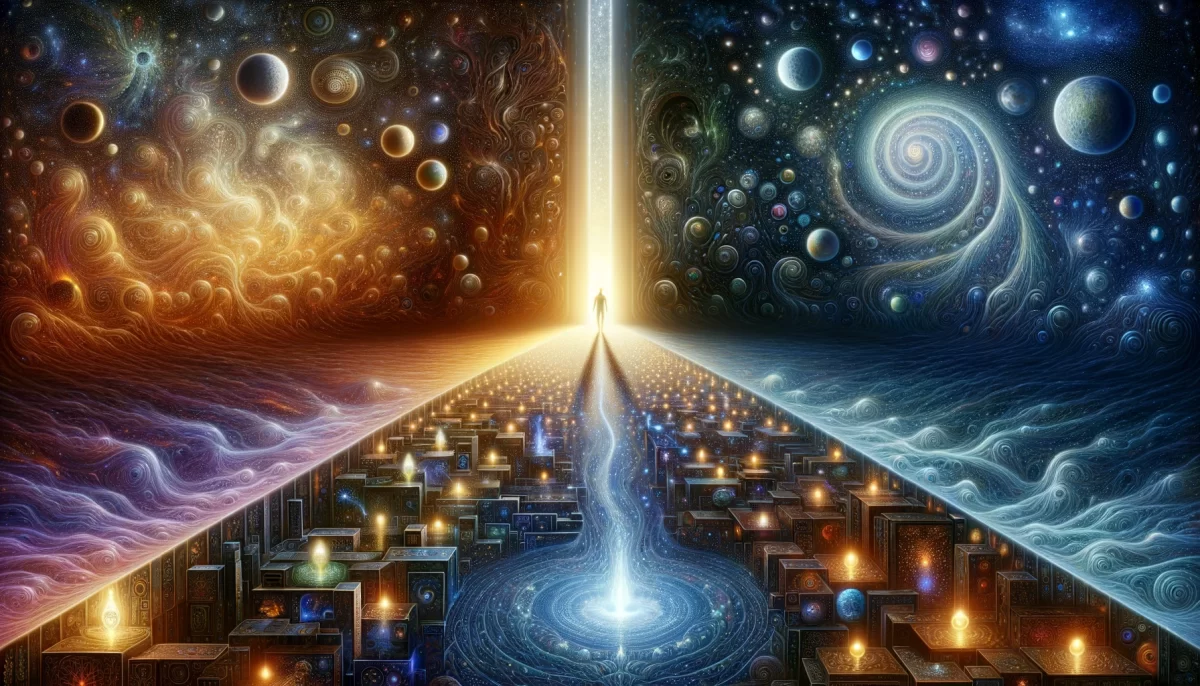



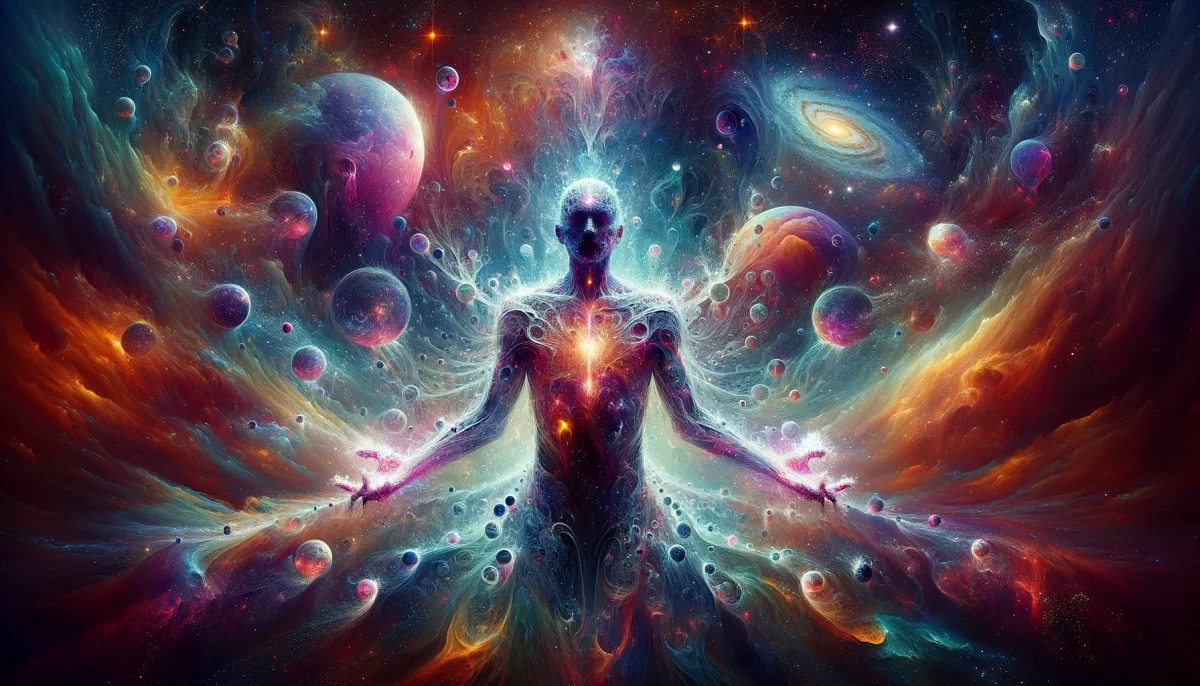


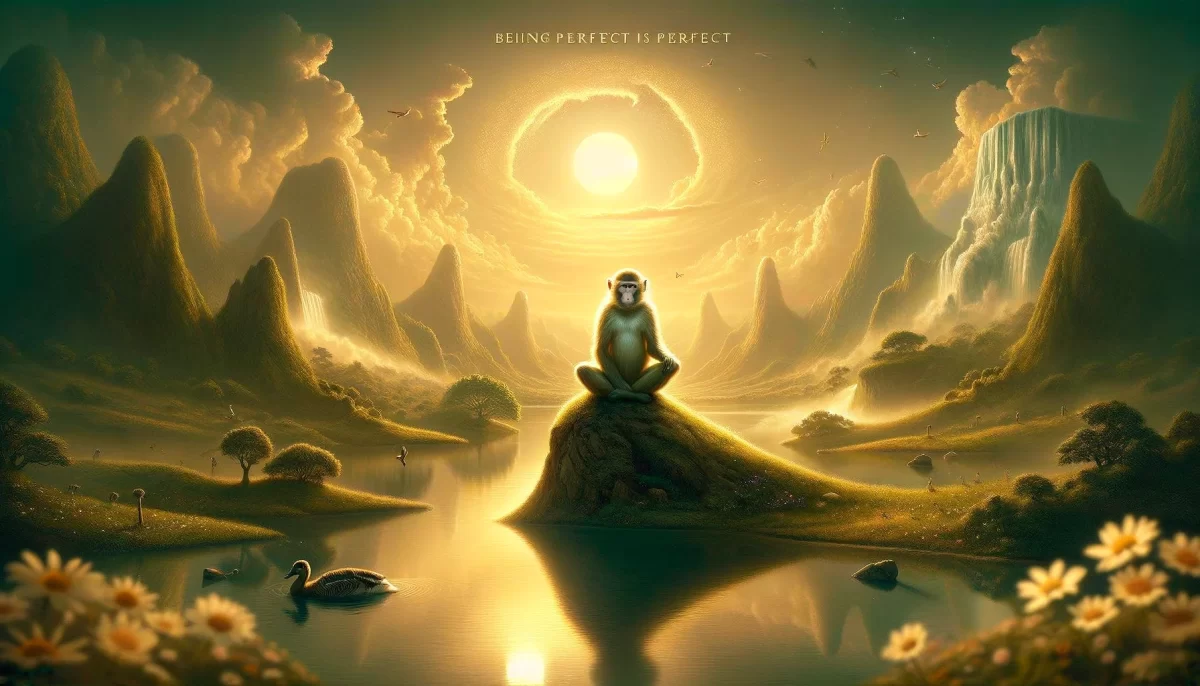


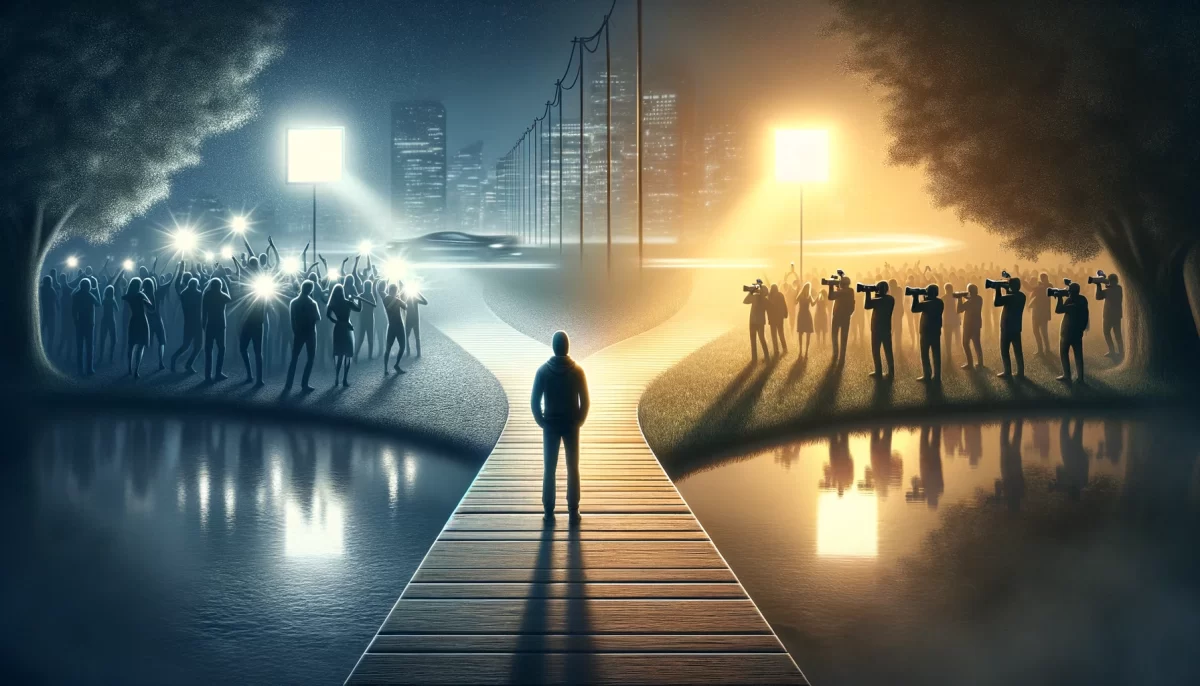



Leave a Reply